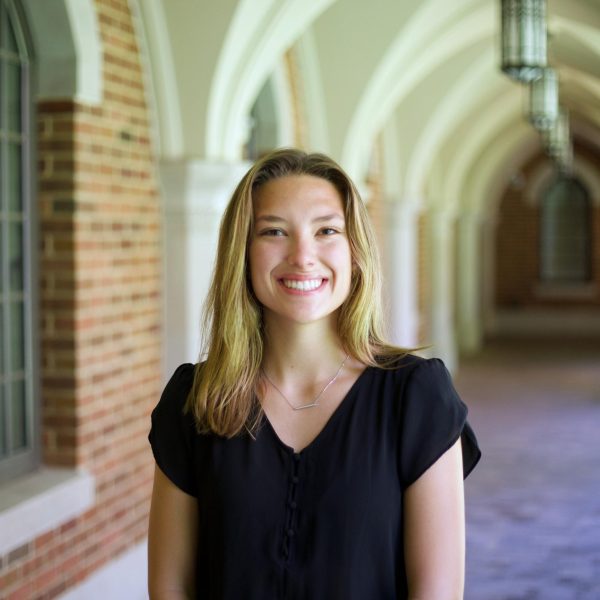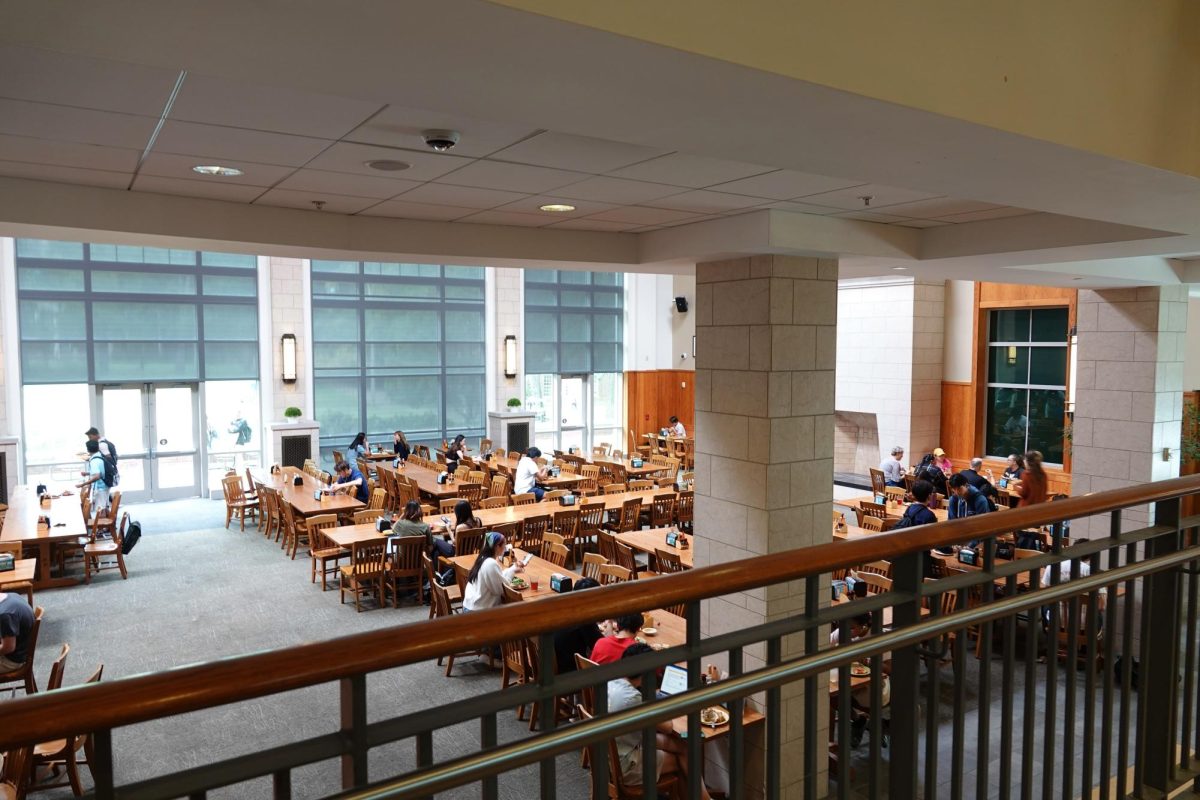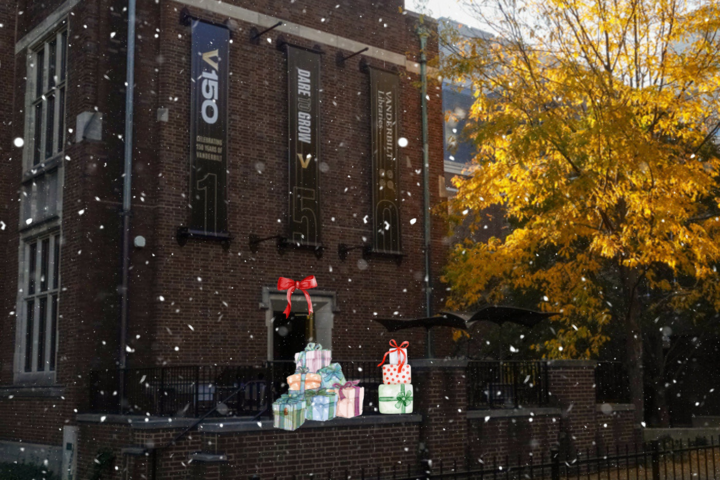As I entered my best friend’s favorite boba spot in Dallas, Texas during Thanksgiving break, I immediately picked out a yellow sweater from the crowd. After a bit of embarrassingly loud shouting and a fierce embrace, we began chatting just like dozens of times before. Except, today was not another monthly catch-up that we scheduled in between high school club meetings and AP coursework. Rather, it was a reunion after a painstaking three months of being at colleges over 500 miles apart. As we shared our wildest first-semester stories and reminisced about our initial anxieties, it was apparent that nothing had changed between us. However, this elation was quickly extinguished as I returned home and beheld my 15-year-old brother’s decorations littering my old bedroom wall. The rising feeling of disappointment was unignorable and negated the welcoming atmosphere that my catch-up had just created.
After arriving back on campus and consulting my fellow classmates about their holiday breaks, it became increasingly apparent that I was not alone in my discontent. Many first-years reported this same internal struggle of attempting to revel in old times as they returned home for the first time since coming to Vanderbilt. Instead, they found their hometowns out of sorts.
Anna Chen received a shock similar to mine as she returned to a house with a brand-new layout.
“I no longer have a room,” Chen said. “I now live in the living room. My bed is in there.”
For many students, these childhood bedrooms hold a special place in their hearts. They are simultaneously filled with our most wonderful and regrettable memories. Seeing their personal belongings relegated to boxes and closets left many feeling as if they had been promptly replaced, a gloomy reminder that family life continued without them.
Meanwhile, Ezri Tyler mentioned that she now dealt with the changes that come with living in a new city. In her case, leaving campus for a friend’s home in Ohio meant readjusting to a more suburban lifestyle.
“Having access to a vehicle was life-changing. Suddenly, I was able to actually go places,” Tyler said. “[However,] there were no sidewalks and a roundabout every four feet.”
First-year Cora Jackson also recalled how family members matured significantly in the span of just a few months. Jackson noted how her sister’s confidence blossomed upon entering high school for the first time.
“It’s weird hearing her talk about people and not recognizing their names,” Jackson said. “It’s kind of scary to think that she’s starting to grow up without me.”
On the other hand, Aja Halbert feels as though she has matured in the past few months.
“Usually at Thanksgiving, I don’t really talk with the adults. But [this year] I actually sat at the adult table and was talking with them about politics,” Halbert said. “Because of my classes, I felt very intellectual and right at home.”
Transitioning from spending time with family nearly every day and growing alongside them to only meeting face-to-face a few times a year is jarring, to say the least. Seeing younger siblings grow up and thrive without your protection feels bittersweet. While many feel fuzzy with relief knowing that their family remains in good spirits, it’s difficult to prevent a sense of “FOMO” from creeping in. Occasionally, I receive a photo via text message of one of my three younger brothers living out a huge milestone such as dressing up for homecoming or completing their first band concert. I cannot help but feel guilty for missing their big moments after they were always there for mine.
As the years progress, the Class of 2026 will likely grow more accustomed to these dynamic changes that being away from home fosters. Eventually, we must reckon with the fact that within our very own cities, schools and even houses, life continues to go on without us. Instead of fixating on what we may be missing, we can find solace in the positive adjustments that independence has spurred.
Malik Clarke noted that his first semester at Vanderbilt taught him the value of time management and leaving room for self-care.
“Keeping a detailed planner with all my events really helped,” Clarke said. “I was able to create time by being intentional about when I saw friends, completed assignments and rested.”
Regardless of how we have transformed, we never have to completely lose touch with our hometown comforts. Staying connected with our hometown roots may just look a little different than before.













